
Atlas Wept – Review
Steam bills Atlas Wept as “a humanist retro-style RPG game about sincerity and empathy, featuring friendly robot dogs and evil smiley faces”. Add to this that one-man developer Kbojisoft was very obviously inspired by SNES-classic Earthbound, and you’ve got a title that definitely piqued our interest when it was announced. As such, we jumped at the opportunity to give Atlas Wept a go. Having spent an extended time in the world of Secundus, how does the game hold up?
Story
A short prologue acts as Atlas Wept’s tutorial. We see a hooded figure navigating a barren environment populated with eldritch horrors, lamenting things that happened in the past. It won’t be clear how this ties into Atlas Wept’s main story until much later on, but this scene does set the tone for things to come. After this, we are introduced to the first of the two storylines that form Atlas Wept’s narrative. This part of the game is set in Orin, a city-state under siege but protected by a nigh-impenetrable shield. Here we meet Hal and Lucy, two children who run into a robot dog named Gigi. This unlikely trio sets out together to recover Gigi’s lost memories as Orin’s defenses begin to crumble around them. Elsewhere on the planet Secundus, in the quaint seaside town of Boggleville, we find our second storyline. Far away from Orin’s war, a young girl named Dezi’s chance meeting with wannabe investigator Charlie sees the pair facing off against the mysterious Grins, whose goal is to replace all emotions with an artificial form of happiness. Atlas Wept alternates between these two storylines, rather than serving them up one after another.
For the majority of Atlas Wept’s runtime, the two stories feel like separate events, and it isn’t until very late in the game that the connection is revealed. This scattered approach to storytelling can make Atlas Wept difficult to follow, especially since the game plays things fast and loose when it comes to worldbuilding. Players need to go out of their way to discover much of Secundus’ lore as it needs to be puzzled together from notebooks and easily missed clues. It’s a bold and unusual approach, and we suspect that things click together in different ways when you replay the game and already know what happens at the end. The writing is strong enough to keep you playing the first time around too, with a very likable cast and strong individual character arcs, although we suspect the complicated narrative structure will turn off many players.
Graphics
While Atlas Wept definitely doesn’t boast the most impressive visuals, what’s present here is adequate. The game’s retro aesthetics definitely take inspiration from Earthbound, although we did feel like it lacked much of the charm of Nintendo’s classic title. The different environments feel empty and are often confusing to navigate. The highlight here is the enemy designs in combat, which often are genuinely unsettling, even for how crude they are. Performance is fine, of course, given the simple nature of the pixel art, and we suspect low-end hardware will have no issues running the game.
Sound
We’re not sure whether it’s intentional or a glitch, but we ran into an issue with the audio levels of certain sound effects during our time with the game. There was no way to adjust this in the options, and during combat, certain sound effects would overlap, resulting in an unpleasant cacophony. Combined with the droning, thudding soundtrack, Atlas Wept’s soundtrack was almost headache-inducing, so we swiftly lowered our overall volume levels to the bare minimum.
Gameplay
Compared to its complicated narrative structure, Atlas Wept takes a decidedly more straightforward approach when it comes to gameplay. For the most part, the game sticks to the tried and true old-school RPG formula, with light exploration, relatively simple puzzles, and a turn-based combat system. Atlas Wept follows a linear structure, with each of the game’s chapters bookended by a boss fight. The game is mostly set on delivering its main story, so there aren’t any lengthy side quests or additional storylines to embark upon. Should you stray off the main path, you’ll find additional battles as well as power-ups for your party members, but by and large, these parts of Atlas Wept aren’t necessary to progress through the game. That said, for how straightforward Atlas Wept can be, the game is in dire need of an objective system that tells you what to do or where to go next. There were times when we knew what to do next but not where to go, and other times when we could have used a nudge in the right direction of what we were supposed to do. The in-game map isn’t very intuitive and we found ourselves wandering aimlessly occasionally.
Combat is where Atlas Wept tries to put its own spin on things. There are no random encounters in the game, and enemy sprites are visible in the overworld. Upon initiating combat, you’ll be greeted with what appears to be a fairly standard turn-based combat system, at first. However, you’ll quickly find that your own combat capabilities are augmented through QTEs that improve your damage output as well as determine whether status moves or debuffs are successful. You’re also able to stun enemies, after which you are free to dish out damage until the stun gauge runs out. Enemy attacks are handled differently: you’ll need to successfully complete microgames to nullify or dodge enemy attacks. These are quite varied, ranging from jumping over obstacles to dodging projectiles, and any attacks you’ve encountered can subsequently be practiced against dummies that you’ll find scattered across the overworld. Given how much damage a successful enemy attack can do, it’s imperative to learn how to avoid them. While the party is fully healed after every encounter, some of the damage taken is semi-permanent, meaning your max HP is slightly reduced every time an enemy hit lands, until you fully restore your stats by resting at a bench.
Enemies don’t respawn, which is a bit of a double-edged sword, as there is no way to grind experience. You’ll never be over-leveled, so each combat counts, but on the other hand, you’ll also never feel overwhelmed, provided you’re able to successfully master the microgames and QTEs. Granted, combat becomes very tedious after a while, as the battles are lengthy, drawn-out affairs, and the remainder of Atlas Wept’s gameplay isn’t very interesting. The game does try to break things up by introducing short sections like a QTE-based minecart ride and a shooter minigame, but all in all, the meat of Atlas Wept’s mechanics is in combat. The real motivator is the game’s story, which, like the mythical character mentioned in the title, carries the entirety of what’s offered here on its back.
With a 12-hour runtime, Atlas Wept certainly doesn’t overstay its welcome, but the narrative structure and four varying difficulty levels encourage replayability. While we do recommend playing the game twice, so that your prior knowledge of the story provides new insights, there isn’t enough here to really return to the game again after that. Fortunately, this is reflected in Atlas Wept’s price. €7.79/$7.99 seems like a really good deal for what the game has to offer, even if Atlas Wept’s gameplay isn’t going to set anyone’s world on fire.
Conclusion
We’d say that Atlas Wept is an interesting game, albeit not necessarily a good one. The gameplay feels a bit too barebones, with the combat system having some merit while you are still getting to grips with it and turning into a tedious and drawn-out affair as you progress through the game. The storytelling is the best element here, and Atlas Wept has enough to offer here to warrant a chance. Just keep your expectations in check.

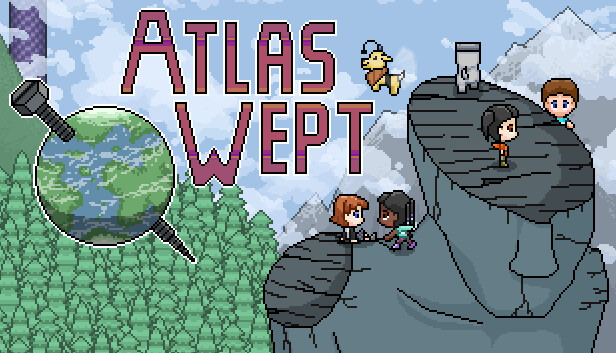
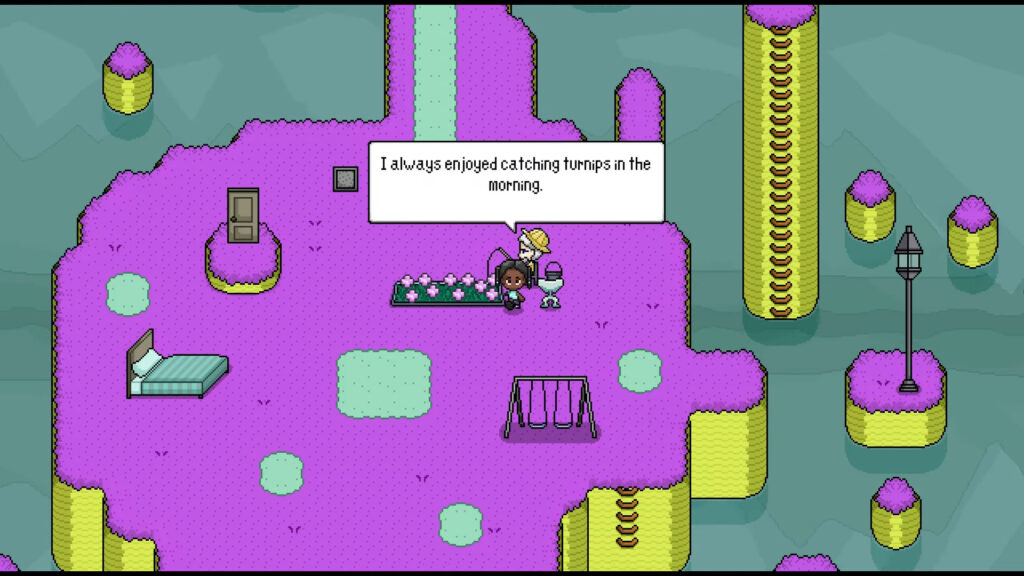
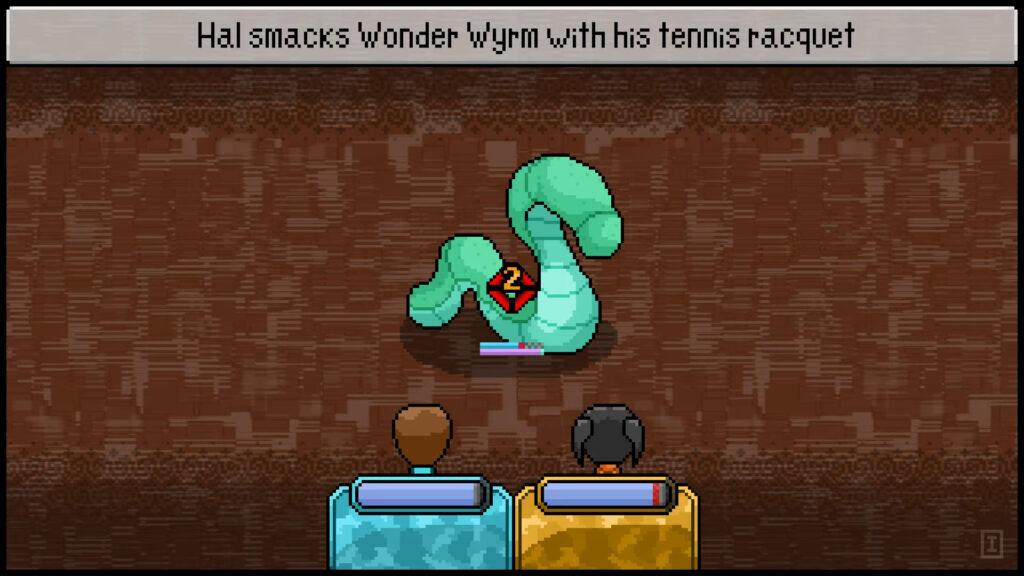
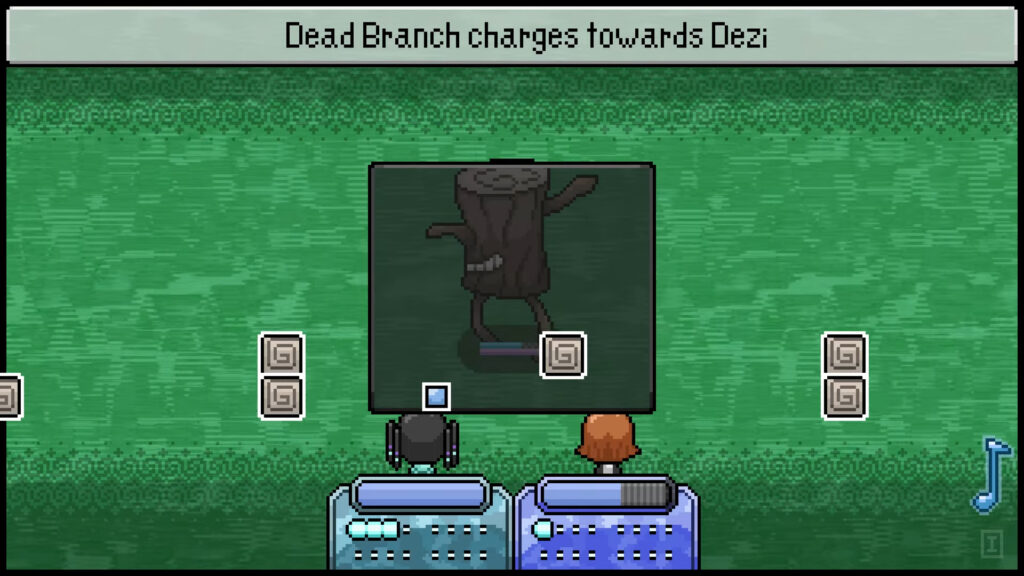
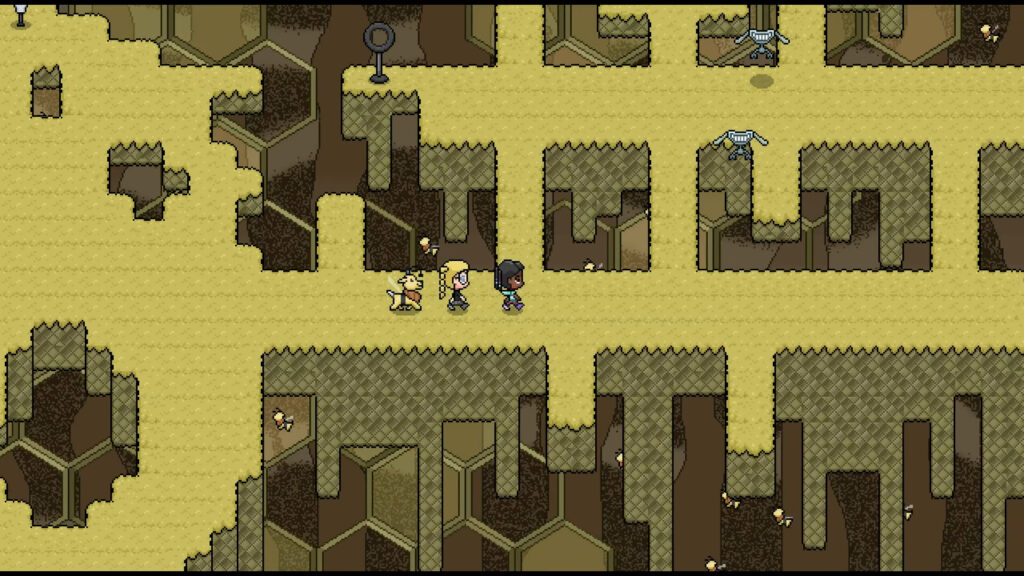
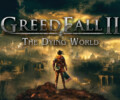


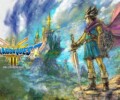
No Comments